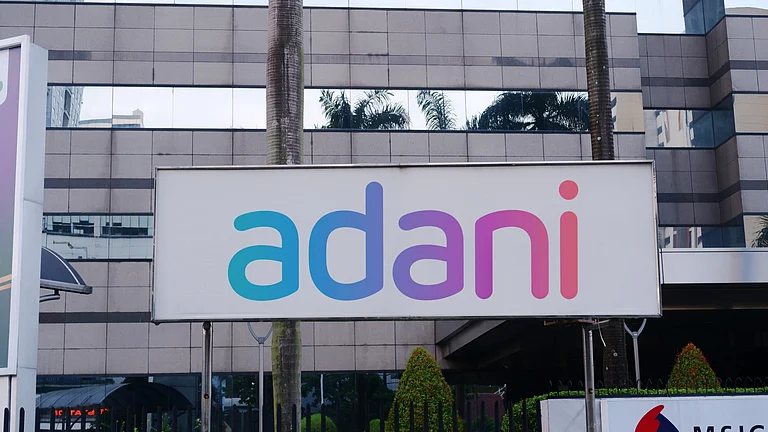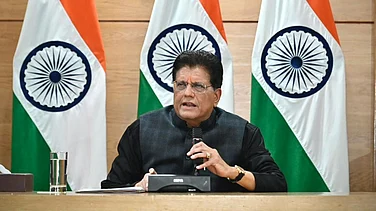Can we both parents contribute to the PPF account of our minor son? If yes, how the entries for contribution and interest are to be made in the parents' books? We do not wish to claim any deduction under Section 80C for such a contribution.
As per paragraph 3 of the Public Provident Fund (PPF) scheme, 2019, any parent can open a Public Provident Fund (PPF) account for his minor children but not more than one account can be opened in a person's name. Under the PPF scheme, there is no restriction on any of the parents or both parents contributing to a minor child's PPF account.
As per paragraph 4 of the scheme, an individual can contribute no more than Rs 1.5 lakh to his and the minor child's accounts taken together in a year. So while contributing to your account, you can also contribute to the PPF account of your minor son.
But the aggregate of the deposits made by each of you to your account and the PPF account of your minor son cannot exceed Rs 1.5 lakh in a year. So the total contribution made to the PPF account of your one son made by you and your wife cannot exceed the threshold limit of Rs 1.50 lakh.
The limit is applicable whether you wish to claim the benefit under Section 80 C or not for the contribution made to your son's PPF account.
Regarding the entries for contribution and interest in your books of accounts, the contribution can be shown as a gift made by you to your son and shown in the books of the respective parents. Therefore, the entries in respect of interest credited to the PPF account of your son will be made in his books, and it will not reflect in the books of the contributing parents.
A minor's income is required to be clubbed with the earnings of a parent with a higher income. So, depending on whose income is higher, you or your wife must include all the incomes accruing to your son (including the PPF interest for the year) in excess of Rs 1,500 in a year. Since interest on the PPF account is tax-free, it will not have any tax implications, and the same can be disclosed in the EI schedule of the ITR.
The author is a tax and investment expert
(Disclaimer: Views expressed are the author’s own, and Outlook Money does not necessarily subscribe to them. Outlook Money shall not be responsible for any damage caused to any person/organisation directly or indirectly.)































